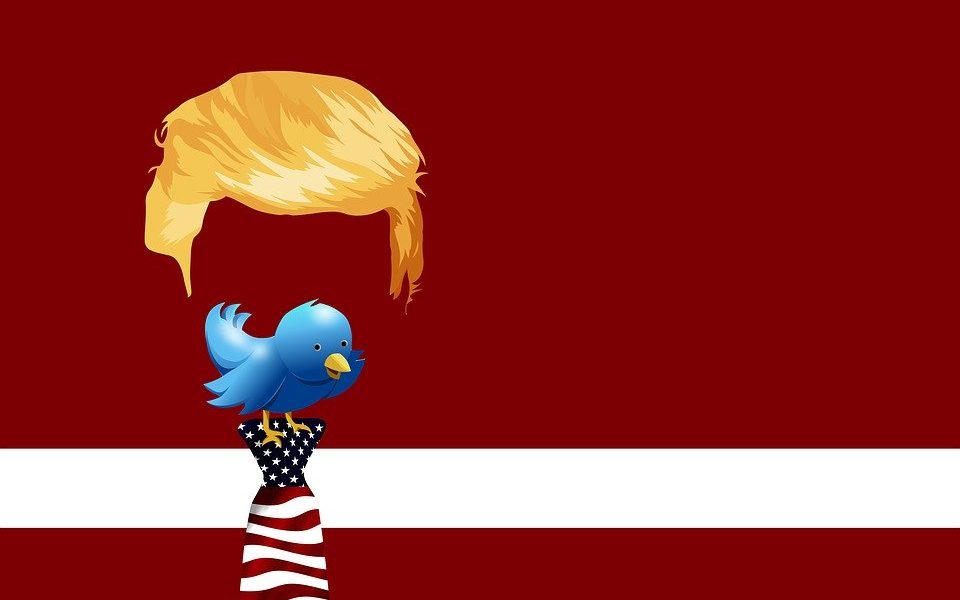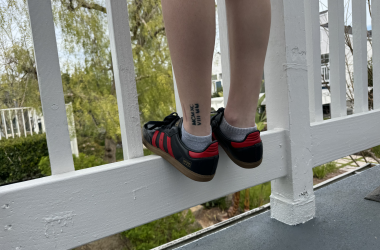Well. That was quite the decade.
The 2010s saw two historic presidential precedents set. Both the first Black man and the first orange man to ever hold office.
We’ve weathered extreme weather, California on fire, Texas under-water and storm systems slamming the east coast.
Communication was abbreviated to 140 characters, then seven seconds for Vine’s brief, beautiful, slightly-racist life.
The 2010s were a decade of seismic shifts in every element of American life. But at its core, the past 10 years were dominated by the way political activism and new technology have become inexorable from one another.
The presidency of a Black man, and his reelection, so enraged much of white America that the already divided political landscape further galvanized. Thinly veiled racist attacks like The Birther Movement, which was championed by the current president, hounded Obama all his presidency. And the ascendant alt-right cut their teeth on violently offensive memes and conspiracy theories.
As the political fervor that propelled Obama into office faded, it was replaced by another movement that was equally as passionate. Conservative message boards, subreddits and Twitter threads stoked the fires of the far-right, dividing America.
These insular echo chambers excised any dissenters and served as some of the most potent tools for indoctrination the world has ever seen. Anti-vaxxers and flat-earthers found a home here, so of course, fringe political groups carved out their corners of the internet.
First the Tea Party, then the alt-right rose to prominence, and by the time the newly apathetic left realized what was happening, the nationalists had elected their figurehead into office.
The 2016 election was a wild ride. While 2012 was a clown show (I will never forget the Rick Perry “N-word Rock” debacle) 2016 was a three-ring circus.
This was the election that Pepe the Frog, a previously innocuous internet cartoon character, became an internationally recognized hate symbol, when people chanted “lock her up” about Hillary Clinton, and when the Republican nominee and future president bragged that he could “shoot someone on Fifth Avenue,” with no loss of support.
Russian troll farms were so good at disseminating propaganda, and many social media companies so apathetic to it, that widespread political meddling from a foreign power played a major role in the results.
This was the first major instance of social media swaying the results of an election, and it gave rise to “The Twitter President.”
Much as Obama’s election energized the right, Trump’s was a wake-up call for the left. Trump’s tumultuous presidency and his incessant tweeting have propelled many liberals into political activism.
Outpourings of support for far-left-of-the-norm candidates like Alexandria Ocasio-Cortez have risen to prominence in Trump’s wake.
Where the 2012 Democratic nominee was Hillary Clinton, a centrist Democrat, 2016’s primary has seen candidates like Bernie Sanders and Elizabeth Warren, both of whom champion policies that are far-left for America.
Going into 2020, the country is as divided as it has been in memory. The relative stability of 2010 is sharply contrasted by the 2020s volatile nature.
We are at an inflection point. Whatever the result history books will remember 2020 as the moment that America either shifted back to a relatively normalcy or doubled down on nationalism. And the candidate’s successes and failures will depend largely on their online presence.




